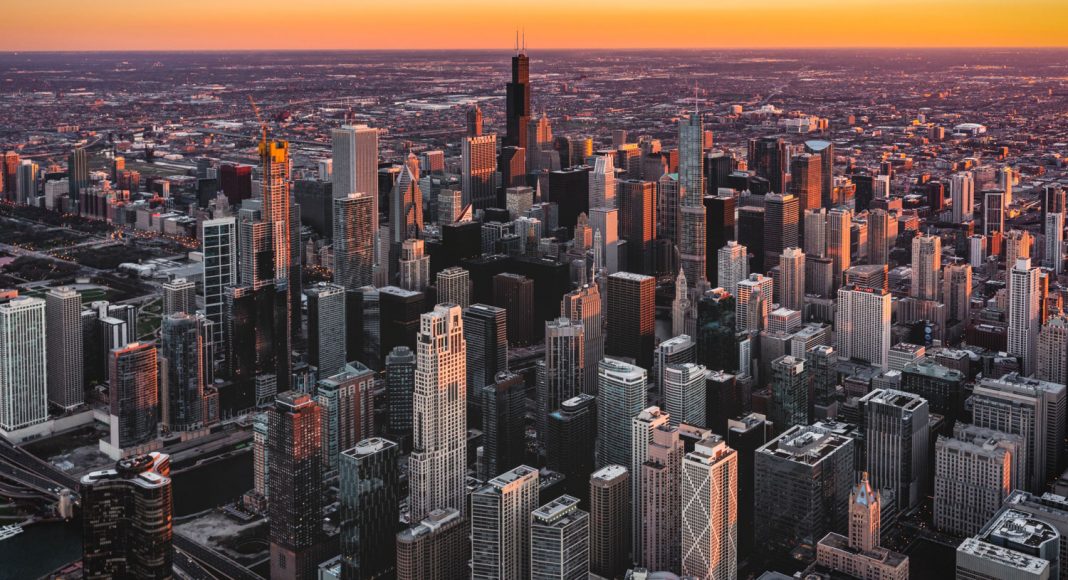Pending the signature of Gov. J.B. Pritzker, Illinois will become the 11th state in the country to legalize recreational marijuana. Late last week, both the Illinois State Senate and House approved legislation that will create a commercial recreational marijuana industry. Included in the bill is a social equity program that will provide benefits and potentially business incentives to those directly affected by the War on Drugs in the state.
This marks the first time a state has legalized commercial marijuana sales through the legislature instead of voter initiative. In 2017, Vermont lawmakers legalized recreational marijuana possession, but did not approve any legal apparatus for cannabis sales. Pritzker, who campaigned on pushing recreational marijuana legislation in his gubernatorial race, issued a statement promising to sign the bill once it hits his desk.
RELATED: New York Gov Pushing Marijuana Legalization In 2019
Pritzker labeled Illinois’ marijuana legislation as “the most equity-centric approach in the nation.”
“This will have a transformational impact on our state, creating opportunity in the communities that need it most and giving so many a second chance,” Pritzker said in the statement.
The bill will go into effect Jan. 1, 2020. Under the program, Illinois residents 21 and older can legally possess 30 grams of cannabis, 5 grams of concentrate or 500 mg of THC within infused products like edibles. Meanwhile, Illinois visitors will be able to possess 15 grams of cannabis.
RELATED: New Jersey Lawmakers Fail To Pass Marijuana Bill In Devastating Setback
The bill takes effect Jan. 1 and would allow residents age 21 and older to legally possess 30 grams of cannabis, 5 grams of cannabis concentrate or 500 milligrams of THC contained in a cannabis-infused product. Nonresidents could possess 15 grams of cannabis. Initially, medicinal marijuana dispensaries will be the only licensed sellers of recreational cannabis, though more licenses are expected to be handed out in mid-2020.
Under the social equity program, past convictions for possession of 30 grams or less will be pardoned by the governor and records will be expunged by the attorney general. Any possession conviction above 300 grams and up to 500 grams can be petitioned for expungement. Prosecutors may object to the petition, though judges will make the ultimate decision.
“Illinois has put in place a set of equity provisions that should serve as a national model for other state legislatures grappling with how to redress the harm caused to communities targeted in the drug war,” said Steve Hawkins, executive director for the Marijuana Policy Project, in a statement. “The expungement remedy in the Illinois bill is truly historic.”
“This is a measure that will improve people’s lives on a level commensurate with the devastation wrought by prohibition,” he added.


